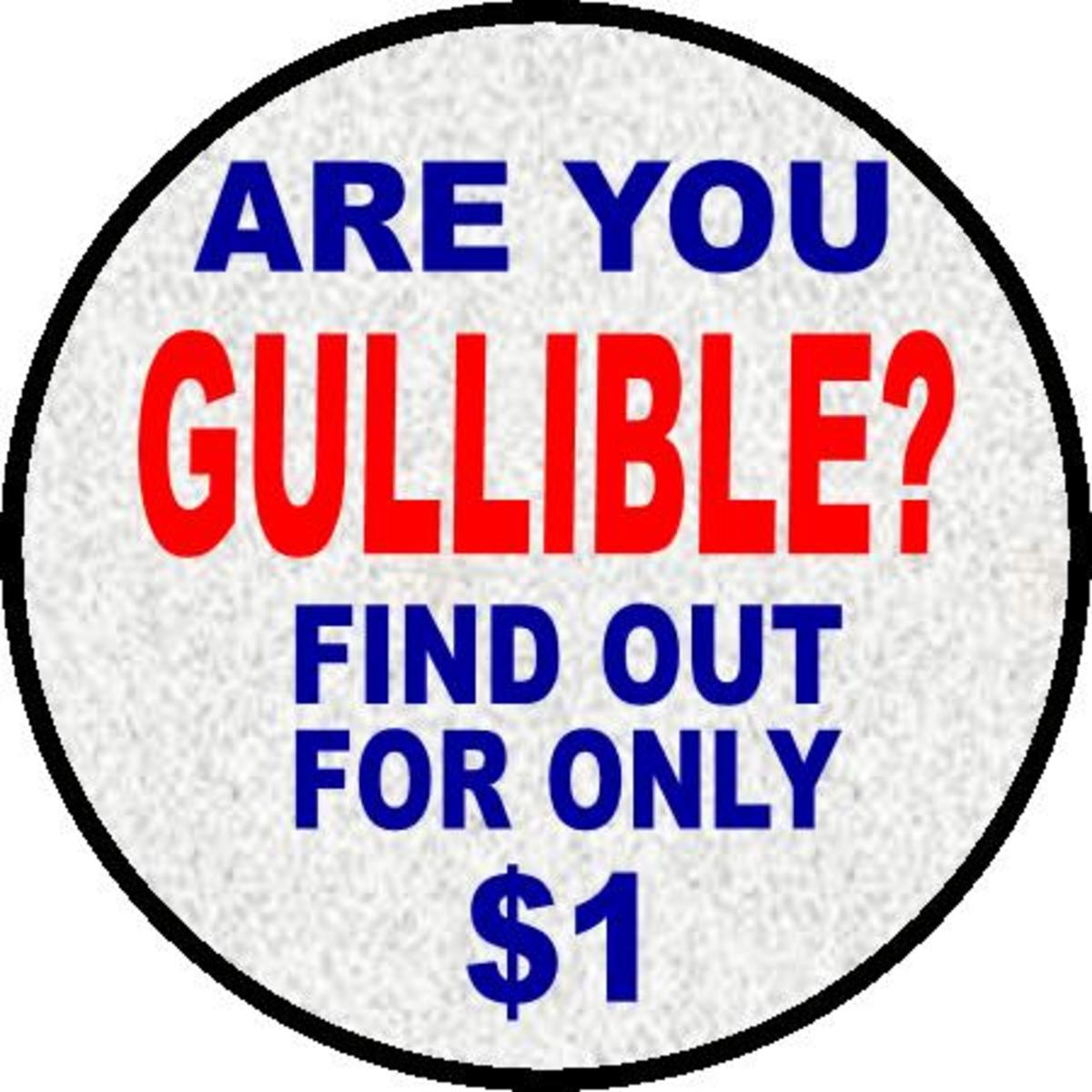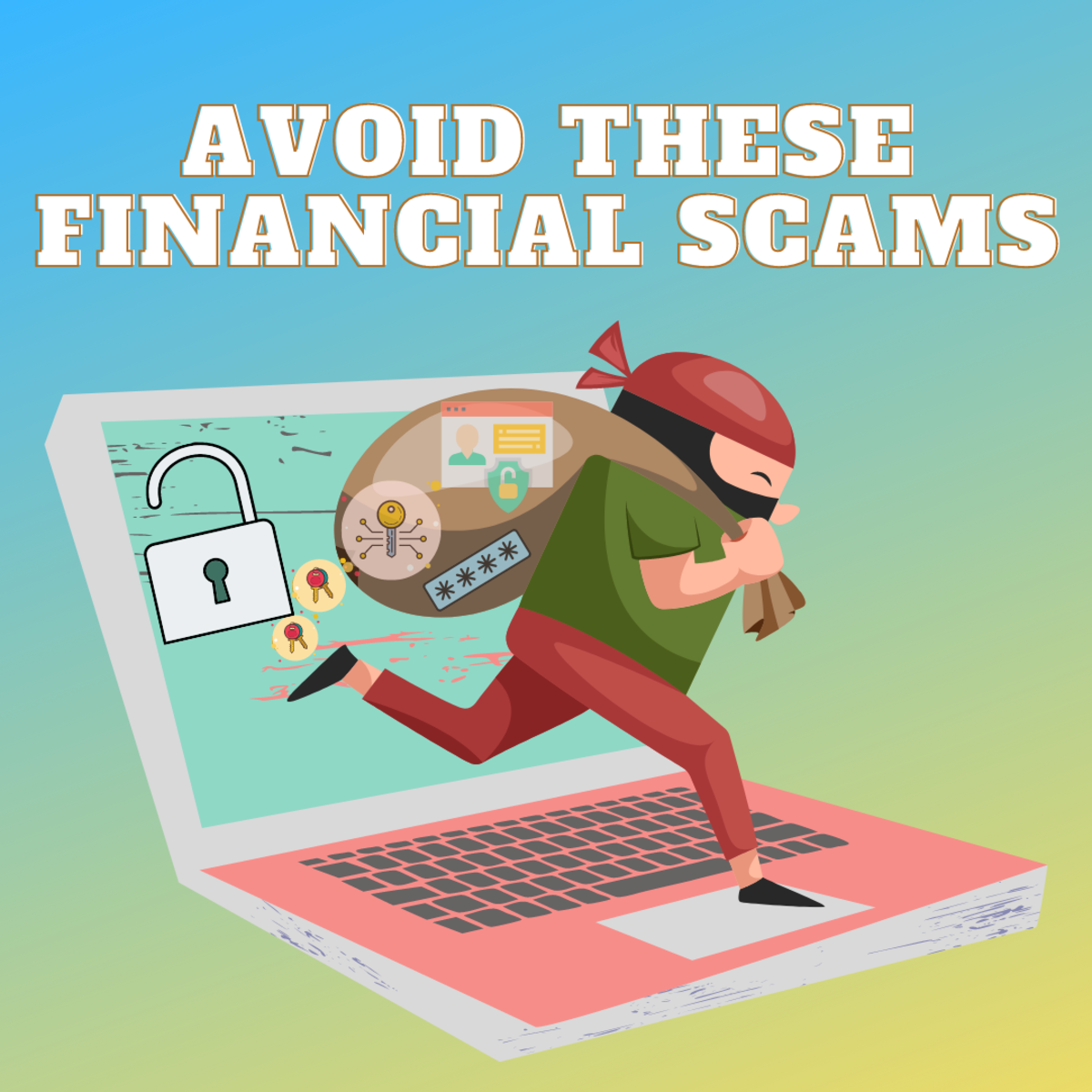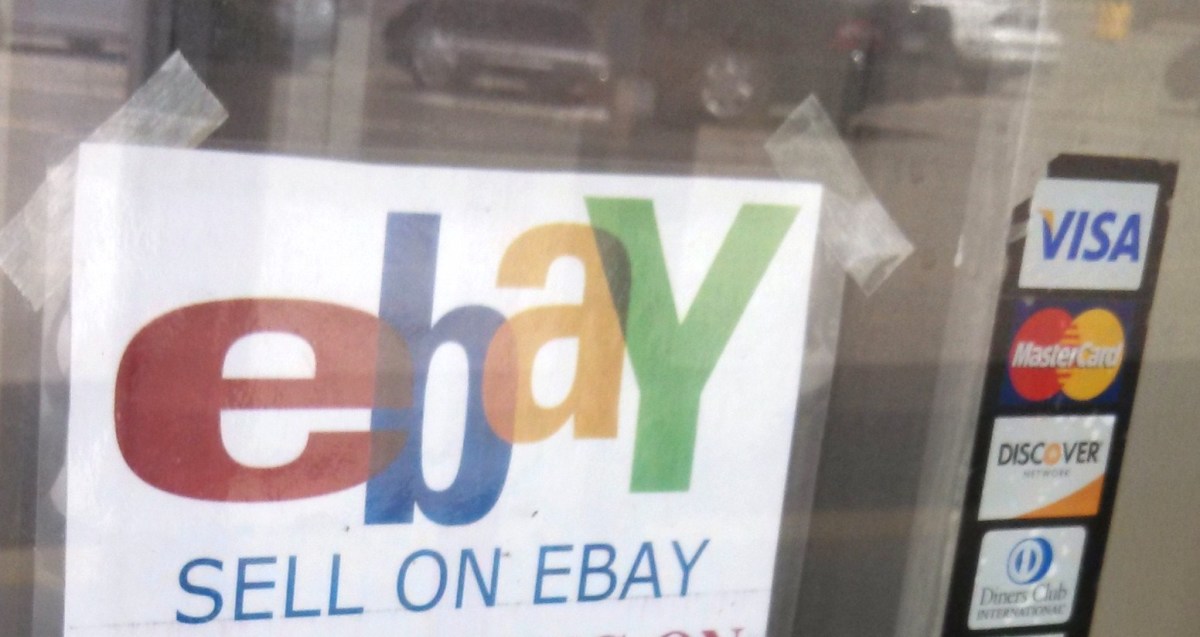Recognizing Common Online Scams & How to Avoid Them
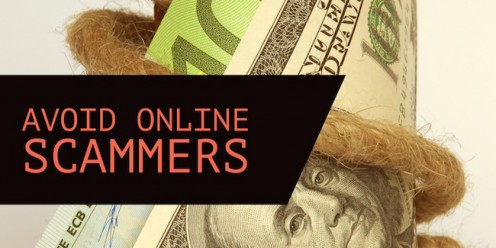
If you are among the highest growing frustrated consumers who are overwhelmed by Internet scams like check fraud, spies that watch Internet users every day on the Internet, and place fraudulent emails in their email box, you have to take precautions. As customers, it is our responsibility to examine anything we are unfamiliar with. Whether it is online sellers, fake products and Internet romance scams, or a spy watching what you are doing online, there is always someone out there looking forward to taking advantage of us.
A critical step for avoiding a scam from an online seller is finding out whether the company has had any complaints lodged against them, especially any big ones filed recently. A simple Google search can often produce this information, and you can also check their ratings with the Better Business Bureau (www.bbb.org) from a professional perspective.

Because the Internet is a beneficial way to reach a mass of people, scammers use it as a fraudulent way to make their messages look real. Especially since it is from time to time hard for patrons to tell the difference between reality and falsehood. That why it is so crucial to be sure when you make a purchase online or know what you are investing in with any opportunity you find online. No matter how intelligent you are, it is not always easy to spot a scam.
As top 10 scams of 2011 Consumerreports.org report, “Internet fraud for the general merchant, advance free loan and credit arrangers, friendship and sweetheart swindles, Internet auctions, bogus prizes, sweepstakes, fake check scams and free gifts as the highest scams for fraudsters to target victims”. That is why it is important always to be vigilant and take overall precautions.
According to the Watchdog Report Scammers, “The most frequently reported scams from 2012 remained the same in 2013, with nearly 75 percent of all complaints reported to Fraud.org falling into one of three categories: Fake Check Scams (24.23%), Internet Merchandise Scams (23.04%), and Fake Prizes/Sweepstakes (22.76%)”. (We all need to be careful using the Internet because scammers are always finding alternative ways to target victims.

Three main ways to Spot Internet Scams
- You receive an offer that requires you to act fast
- The Internet company does not provide a home address. it provides a P.O. Box and no telephone number but an email
- You receive an email where there is no “To” you line but that states "undisclosed recipients" it a scam
Scams can appear in many different shapes and sizes, but the five most common scams on the Internet are:
- Merchandise fraud: any manner of falsely advertising a product for sale, such as sending a different, less valuable product after receiving payment or lying about the product’s quality to increase the price.
- Fake check: giving a counterfeit check or money order to a victim in return for the victim sending real money somewhere else.
- Phishing: stealing account credentials for websites by sending an email that tricks the receiver into entering their passwords on fraudulent websites that instead give the information to the attacker.
- Spoofing and Identity Theft: different variations of pretending to be someone or something else. Spoofing involves an attacker masquerading as something else by falsifying data while identity theft involves pretending to be someone else using personal records stolen from any number of places.
- Travel deals with catches and fake health products: tricking the consumer into spending more money than they should by promising certain benefits that are never delivered.
Between the five scams, identity theft is by far the most common and the easiest to fall victim to. It is important always to protect your personal information well because scammers are always lurking, ready to strike.
Tips for Avoiding Internet Auction Fraud:
• Before bidding, make sure that you understand how the auctions work, what your obligations are as a buyer, and what the seller’s obligations are.
• Find out what actions the website or company is required to take in the event of a disagreement or problem, and consider insuring the transaction and shipment if possible.
• Be cautious when dealing with sellers outside the United States. If a problem occurs with the transaction, it could be much harder to rectify.
• Confirm with the vendor beforehand both when the delivery can be expected and whether the merchandise is covered by a warranty or can be exchanged if there is a problem.
• If the seller claims to require your social security number, date of birth, driver’s license number, or any other sensitive information, don’t provide it. If refusing will prevent you from purchasing the item, find it somewhere else. There should never be a reason for a seller to require that information.
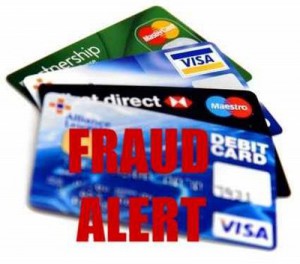
How To Avoid Credit Card Fraud
Tips for Avoiding Credit Card Fraud:
• Don’t enter your credit card number anywhere online unless the site is a secure and reliable one. Sometimes, a tiny icon of a padlock appears in the browser window to symbolize a higher level of security for the data. This icon does not guarantee a secure site, but it does provide some assurance.
• Don’t trust a site just because it claims to be secure. Confirm the claims through third parties as much as possible.
• If possible, look into the site’s security/encryption protocols before using it.
• Even if you are on a secure, well-trusted site like Amazon, make sure that you are purchasing merchandise from a reputable source.
• Research the individual or company promising the service or product to ensure that they are legitimate.
• Obtain contact information for the seller (a physical address rather than a post office box number and a telephone number, if possible) and test the information to make sure that it is legitimate.
• Send an e-mail to the seller to ensure that the given e-mail address is active. Be wary of those that utilize free e-mail services where a credit card was not required to open the account.
• Reconsider doing business with sellers who are unwilling to provide you with this type of information.
• Check with the Better Business Bureau from the seller’s area.
• Check out other websites regarding this person/company.
• Be cautious when responding to special investment offers, especially through unsolicited e-mail.
With the rapid increase in online shopping and Internet banking, the number of transactions and transaction scams increase exponentially every day. Detecting online frauds at a glance is difficult. The Internet is where thieves and scammers are at their best at targeting vulnerable people. Whether, in the form of fake checks, fake products, or unsolicited emails from a struggling Prince, the attacks range from creative to simple in their execution and from easy to downright impossible to catch the party responsible. The Internet has become a place in which someone is always looking for new ways to scam others.
Did you know the top red flag for fraud when pretending to offer a good deal requires you to act quickly?
What you need to know about popular scams and how to avoid being duped
Spot and Avoid Fraud
© 2015 Pam Morris

